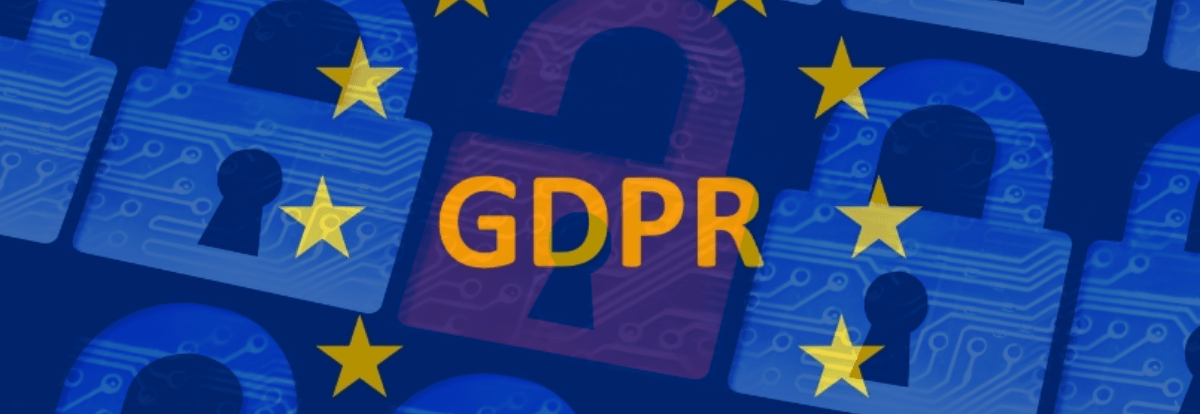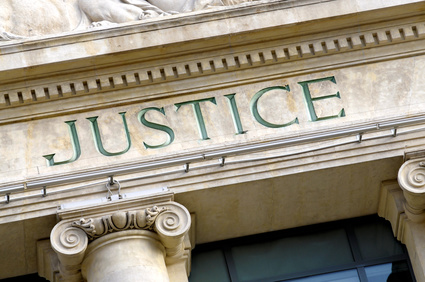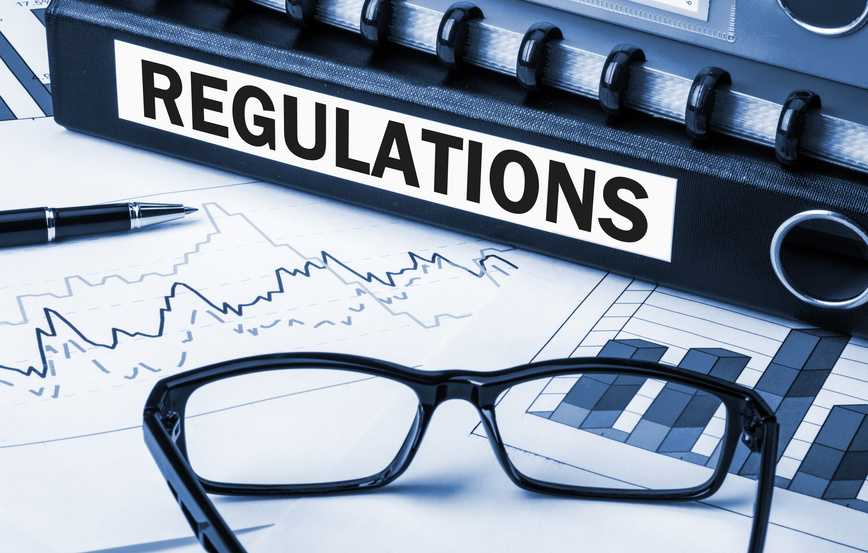Council data breach claims are one of the most common types of individual compensation cases that we take forward for people on a No Win, No Fee basis.
We represent thousands of clients for cases, and many involve some local authorities in some way. They often hold a great deal of information, and a lot of it can be incredibly personal and sensitive. As such, the impact of a council data breach can be substantial, and this is accounted for in a case.
Damages claims can be in the thousands of pounds for just the distress that a victim can suffer from the misuse of their private information. Here’s some advice about when you could claim, what you could claim for, and some guidance about how our No Win, No Fee representation works.
Read More












